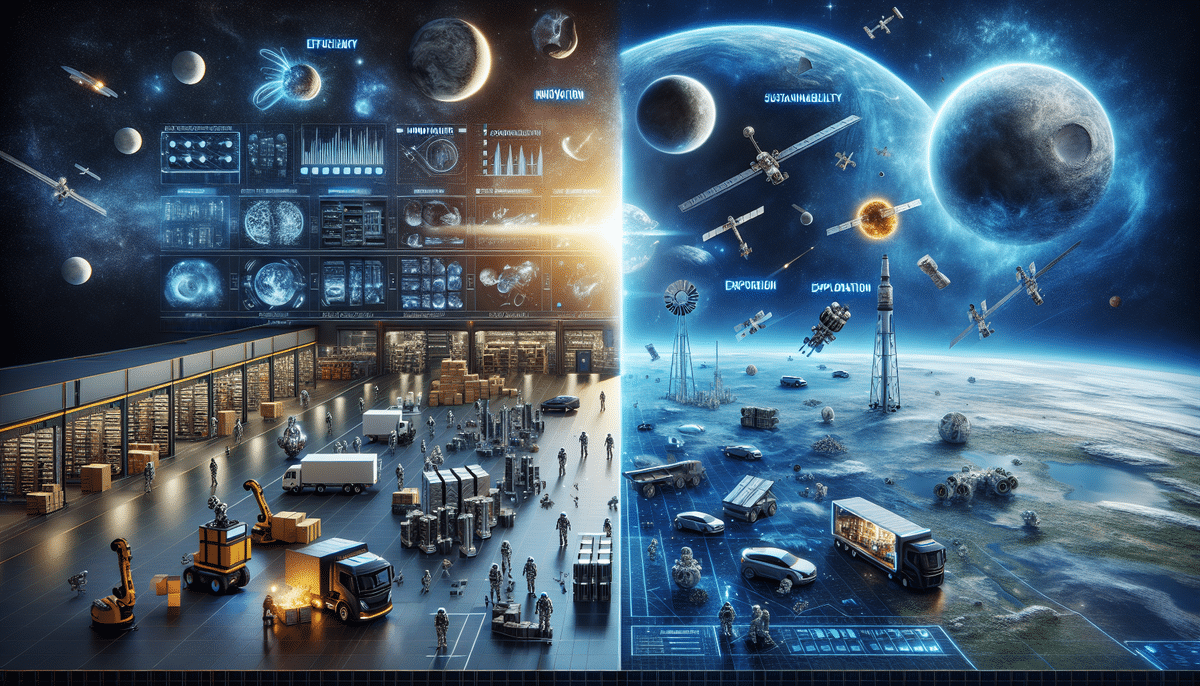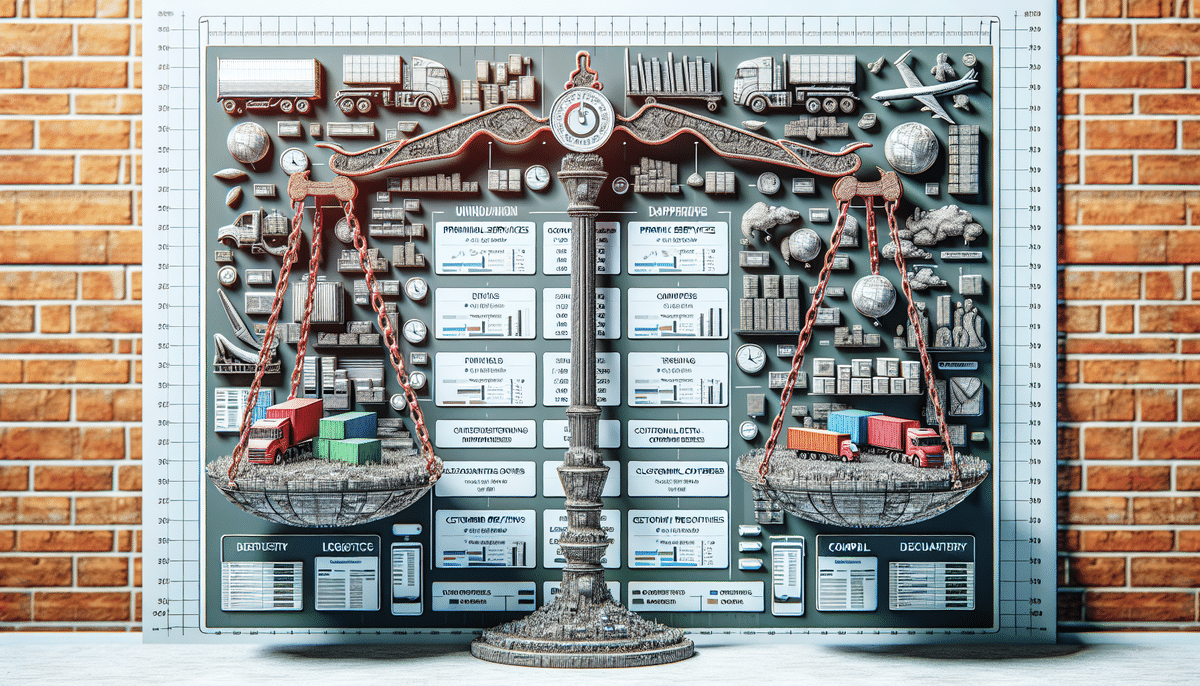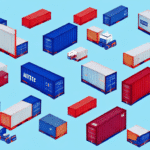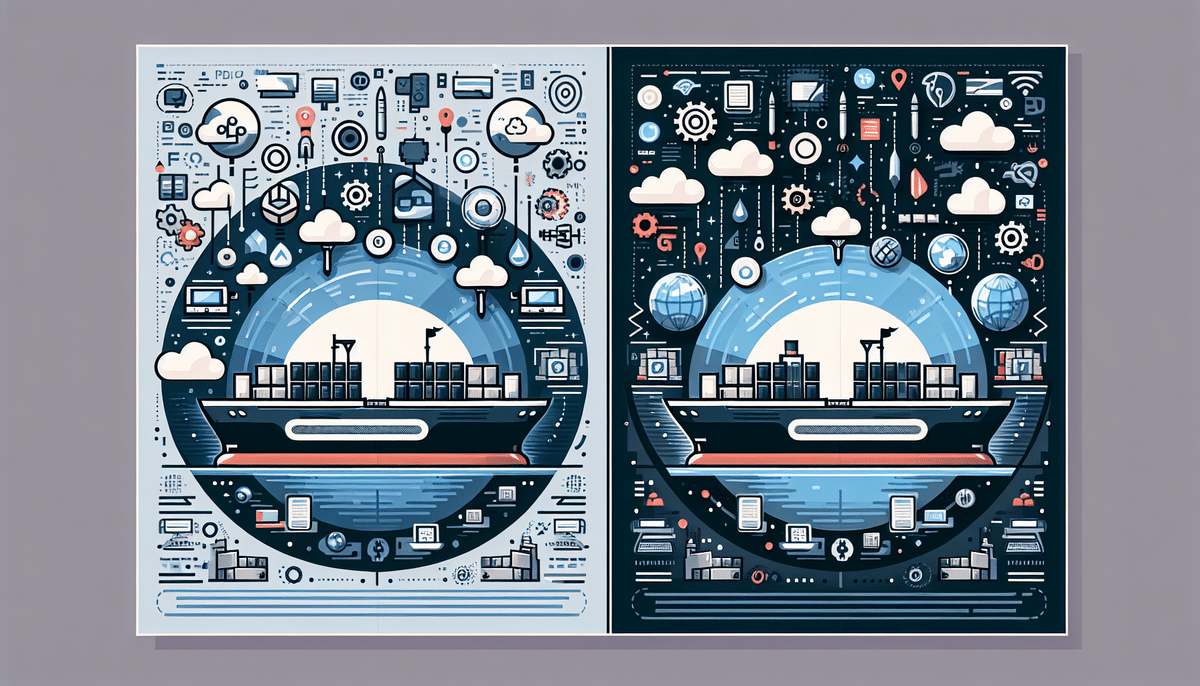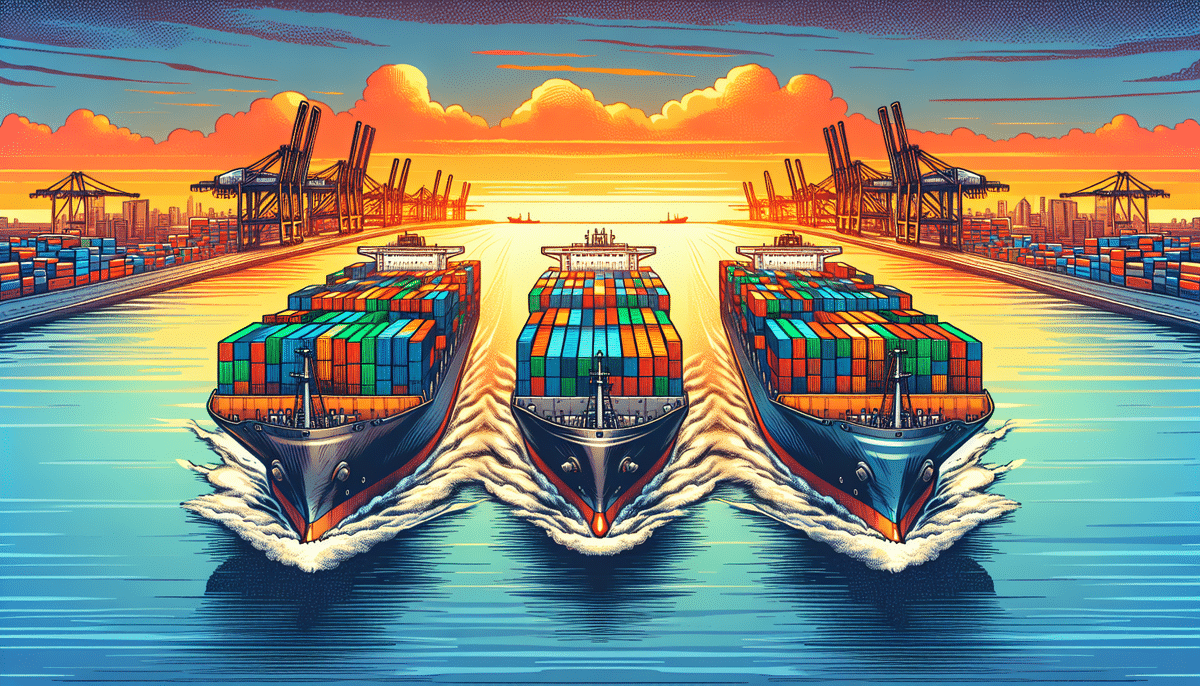Introduction: DCL Logistics vs Outerspace
The fields of logistics and space exploration may appear distinct, but they share numerous challenges and opportunities. This article delves into two seemingly disparate sectors, DCL Logistics and Outerspace, examining their similarities, differences, and the potential for cross-industry innovations.
Understanding DCL Logistics
Overview of DCL Logistics
DCL Logistics stands at the forefront of supply chain solutions, catering to industries such as e-commerce, technology, and healthcare. Established in Silicon Valley in 1988, the company has grown its presence across the United States and Canada, renowned for its innovative logistics strategies that help clients reduce costs, enhance efficiency, and boost customer satisfaction.
Technological Advancements
A pivotal element of DCL Logistics' success is its commitment to technology. The company has developed proprietary software enabling real-time shipment tracking, inventory management, and order fulfillment. These advancements ensure that DCL Logistics remains competitive in an ever-evolving industry.
Sustainability Initiatives
Beyond technology, DCL Logistics emphasizes sustainability. Initiatives include deploying electric vehicles for local deliveries and optimizing transportation routes to lower fuel consumption. Such efforts not only mitigate environmental impact but also appeal to clients prioritizing socially responsible business practices.
Exploring Outerspace
The Evolution of Space Exploration
Outerspace holds vast potential for discovery, innovation, and scientific progress. While humanity has long been fascinated by space, recent technological breakthroughs and increased international cooperation have transformed space exploration into a tangible and accessible endeavor.
Discovery of Exoplanets and Extraterrestrial Life
One of the most thrilling prospects in space exploration is uncovering new planets and the possibility of extraterrestrial life. As of 2023, astronomers have identified over 5,000 exoplanets, with missions like NASA's Kepler and TESS continuing the search for habitable worlds.
Advancements in Space Tourism
Space tourism is emerging as a burgeoning industry. Companies such as Virgin Galactic and SpaceX are making strides to make space travel more affordable and accessible. This development promises new economic opportunities and allows civilians to experience space firsthand.
Comparative Analysis: DCL Logistics vs Outerspace
Common Challenges and Opportunities
Both DCL Logistics and the space exploration sector confront challenges like technological innovation, high operational costs, and the need for skilled professionals. However, they also benefit from opportunities such as advancements in technology and the potential for global expansion.
Technological Integration
While DCL Logistics leverages technology to optimize supply chains, space exploration relies on cutting-edge technologies for missions and research. The integration of Artificial Intelligence (AI) and Internet of Things (IoT) is pivotal in both industries' advancements.
Sustainability and Ethical Considerations
Both sectors recognize the importance of sustainability. DCL Logistics focuses on reducing carbon footprints, whereas space activities must consider space debris management and the ethical implications of extraterrestrial exploration.
Future Outlook for DCL Logistics and Outerspace
Growth Projections
DCL Logistics is poised for global expansion, targeting markets in Asia and Europe. Simultaneously, the space industry is expected to grow exponentially, driven by increased private sector involvement and international collaborations.
Innovations on the Horizon
Future innovations may include autonomous delivery systems in logistics and the development of reusable spacecraft in space exploration. These advancements promise to enhance efficiency and reduce costs across both sectors.
Lessons Learned from Successful Operations and Missions
Case Studies in Logistics
- DCL Logistics' investment in warehouse automation and customizable APIs has resulted in high efficiency and customer satisfaction.
- Implementing predictive analytics has enabled the company to anticipate market demands and adjust operations accordingly.
Space Mission Successes
- The Mars Curiosity Rover mission exemplifies the importance of rigorous testing and meticulous planning for mission success.
- The International Space Station (ISS) demonstrates the benefits of international collaboration in achieving long-term scientific goals.
Collaboration and Ethical Considerations
The Role of Partnerships
Collaboration is essential for progress in both logistics and space exploration. DCL Logistics thrives on partnerships with businesses and customers, while the space industry benefits from collaborations between private companies, governments, and research institutions.
Balancing Profitability and Sustainability
Both industries must navigate the balance between profitability and sustainability. DCL Logistics invests in renewable energy and carbon offset programs, whereas space activities require sustainable practices to prevent space debris and ensure ethical exploration.
Legal and Regulatory Frameworks
Operating within established legal frameworks is crucial. DCL Logistics adheres to international supply chain regulations, while space activities are governed by treaties like the Outer Space Treaty and guidelines set by organizations such as the United Nations Committee on the Peaceful Uses of Outer Space (COPUOS).
Conclusion: The Path Forward
The intersection of logistics and space exploration presents unique opportunities for innovation and growth. By learning from each other's successes and challenges, DCL Logistics and the space industry can drive forward both commercial and scientific advancements. Emphasizing collaboration, sustainability, and ethical practices will be key to shaping a prosperous future for both sectors.















